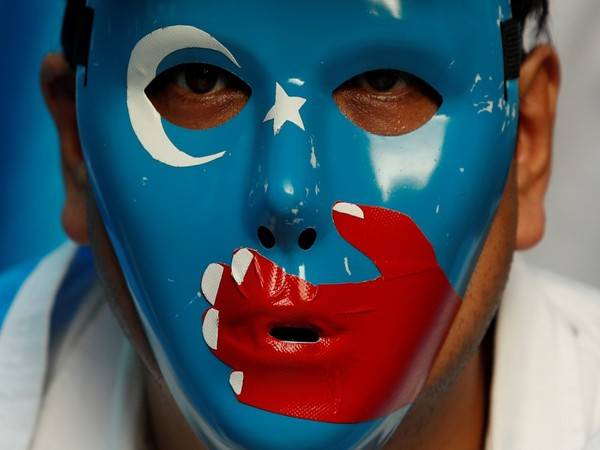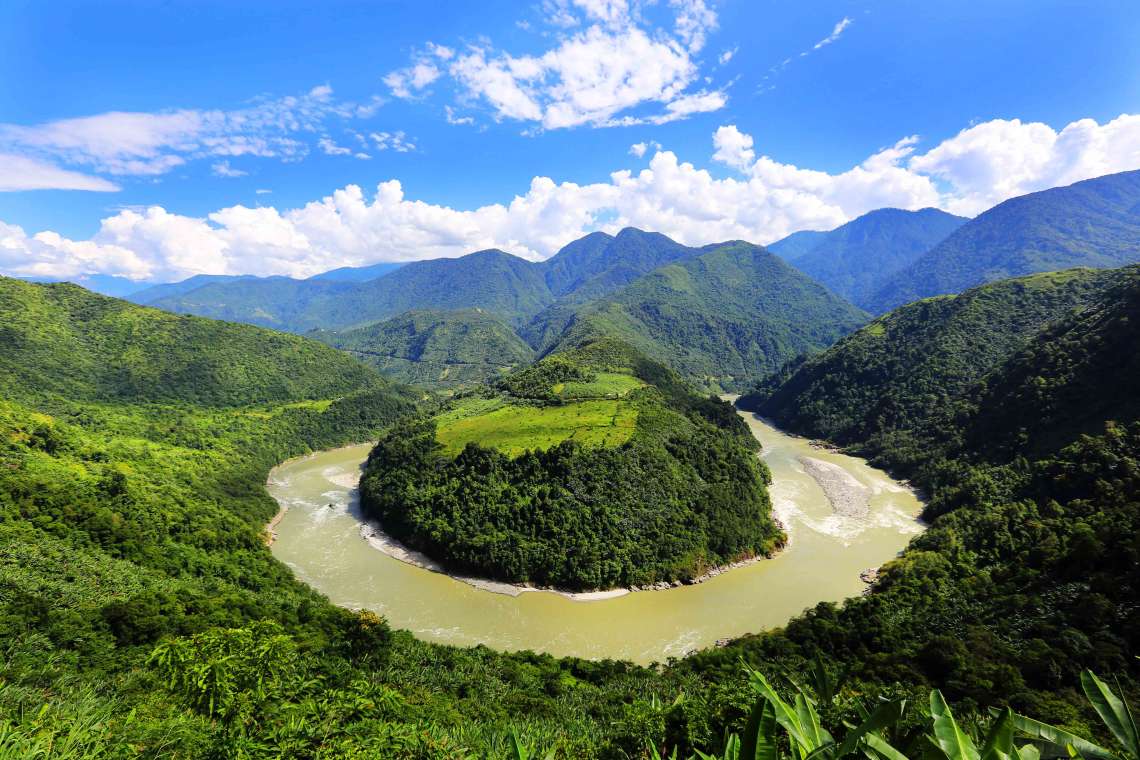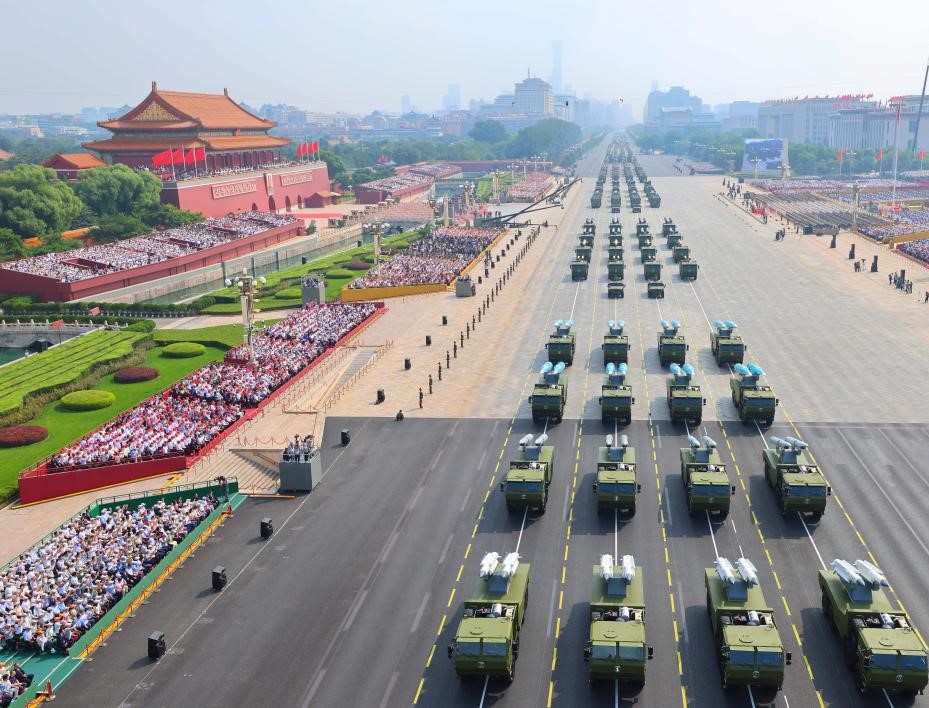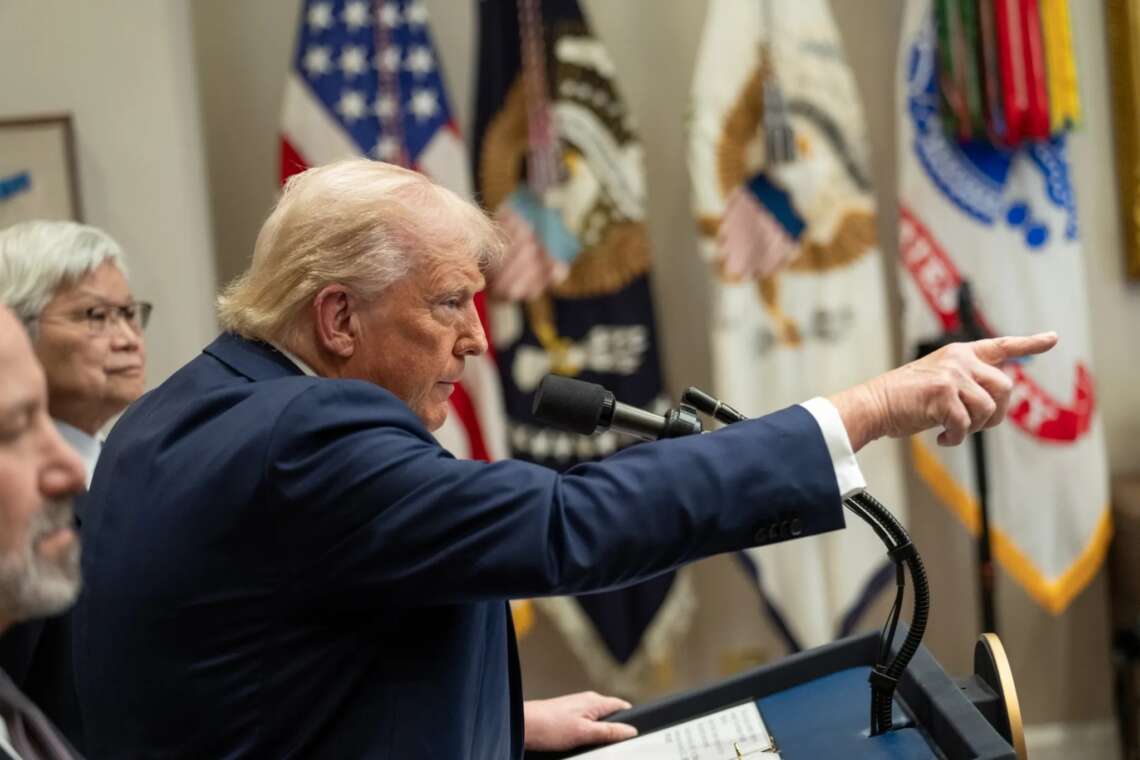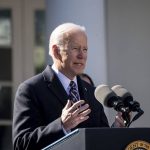Labour rights experts warn that global brands are failing to account for the realities of their operations…reports Asian Lite News
A recent investigation by The Bureau of Investigative Journalism has found that South Korean tech giant LG directly owns and runs a factory in China that employs ethnic minority workers under Beijing’s contentious labour transfer programme — a scheme widely criticised by human rights organisations as a form of state-imposed forced labour.
In March 2021, the United Nations Office of the High Commissioner for Human Rights sent a letter to the South Korean government expressing grave concerns over allegations of forced labour at Chinese factories linked to major Korean brands, including Samsung and LG.
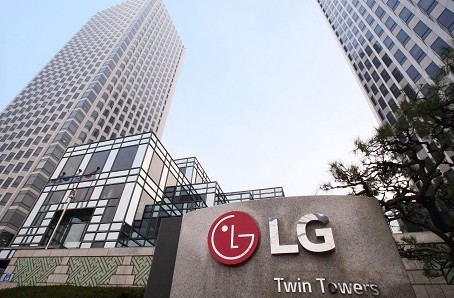
While LG publicly claimed it had cut ties with the implicated supplier the previous year, it failed to disclose that it directly owns LG Panda Appliances, a factory in Jiangsu province employing transferred labourers from Xinjiang.
A video uploaded that same month by a Kazakh herder from Ili, now working on an LG washing machine assembly line, exposed the company’s ongoing participation in the labour programme. He was one of thousands forcibly moved under China’s labour transfer scheme, a system critics argue is used to forcibly assimilate Uyghur, Kazakh, and Kyrgyz minorities into Han-dominated urban industries.
The Bureau of Investigative Journalism (TBIJ), along with The New York Times and Der Spiegel, has uncovered that LG’s factory is not an outlier. Their joint probe has connected at least 100 global brands, including Apple, Samsung, and Volkswagen, to China’s forced labour system. Yet, LG is among the first multinationals directly implicated through ownership, not just supply chain entanglements.
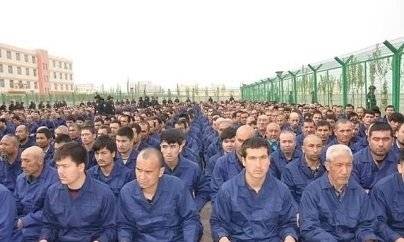
Internal sources and labour recruiters confirmed to Der Spiegel that job transfers to LG Panda were approved by LG’s headquarters in South Korea. In 2022, LG even held a recruitment drive at a Xinjiang internment camp known for using electric batons and forced indoctrination.
As per The Bureau of Investigative Journalism, despite multiple requests for comment, LG has not responded to the allegations. The company continues to operate another factory in Jiangsu that also uses transferred Xinjiang labourers. Trade data confirms that over 90,000 shipments have left these factories since the programme’s inception, many destined for European markets, including Germany and Poland.
Labour rights experts warn that global brands are failing to account for the realities of their operations. “This isn’t about indirect complicity,” said Laura Murphy, a leading expert on forced labour. “It’s about direct involvement.”
As scrutiny intensifies, calls are growing for international investors and governments to take meaningful action against companies profiting from China’s coercive labour systems. (ANI)


